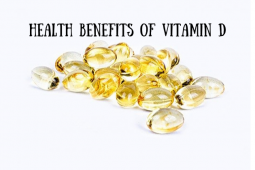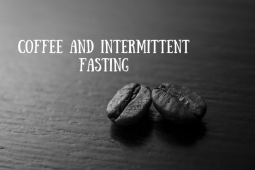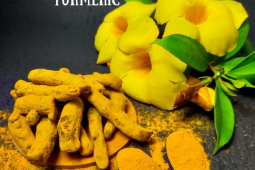Naturally Iron Rich Foods Guide
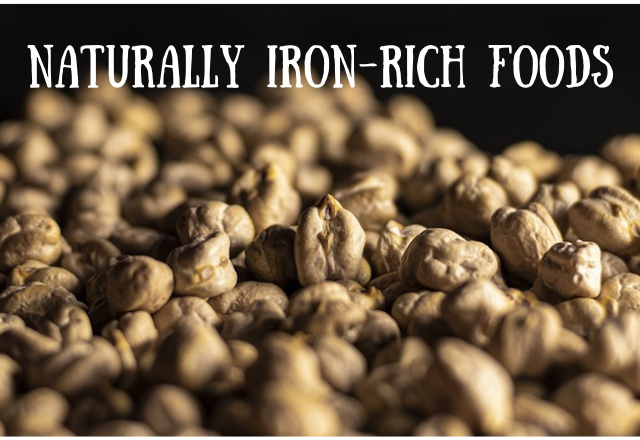
Iron is Vital for a Healthy Body: Here Are Some Surprising Sources
Of all the minerals that are important for health, Iron is involved in the most areas. Iron is best known for its role in haemoglobin and red blood cell production. These cells move oxygen around your body. As someone that has suffered anemia in the past, I can testify that you will notice very quickly how little you can do if their levels get low! There are plenty of options when it comes to naturally iron rich foods – this article covers the best, tastiest and easiest to eat.
Iron also has a key role in your immune system health. Without a strong immune system, the door is open to many problems. Add body temperature regulation, your gastrointestinal system, and cognitive activities (alertness, clear thinking) and you will see why maintaining a healthy Iron level is especially important.
Pregnant women have an even more complex relationship with Iron and other minerals. This is out of scope for this page – being too important for a general information article, I will defer to sources created by medical professionals.
How Much Iron is Needed?
The NHS guidelines show that women need more Iron than men on a daily basis up to the age of 50. This is 14.8mg a day between 19 and 50, and 8.7mg a day after 50. Men are at 8.7mg a day after 18.
Those same guidelines say you will get this amount of Iron through your food – making supplements unnecessary.
You can take too much. Super high doses can be fatal. Going above 20mg may leave you constipated and nauseous. To balance this, there are times when a little more is needed. Examples include following a heavy period.
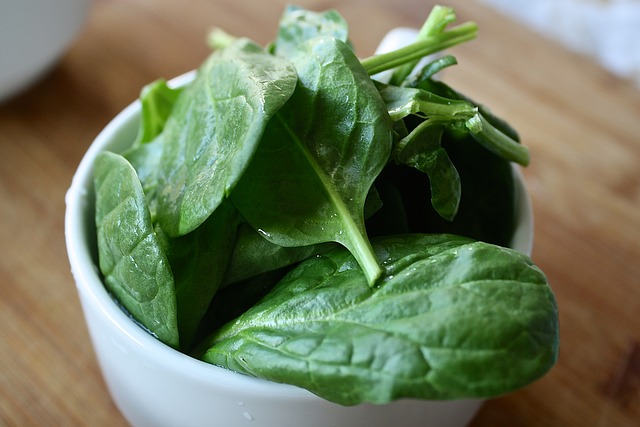
Getting Iron from Your Food
If you have a balanced and healthy diet, then you will be able to get all the iron you need naturally. Let’s face it, we would all love to say we eat spinach, nuts, and lean red meats… though most of us have diets that lack in one way or another.
Add to this that not all Iron sources are as easy to digest as others. For example, you will easily absorb Iron from red meat – though that in plants is only absorbed at half of that rate. Then we have to count for allergies and preferences.
I’m sure you can see why so many people add iron supplements. There is just no way to know whether you are getting enough Iron. Let alone whether you have the right balance of other vitamins and minerals to help you absorb what you are eating.
I take supplements… once you have Iron Deficiency Anemia, twice shy! *
*to be fair, this was caused by a separate undiagnosed health condition which is now resolved.
Naturally Iron Rich Food Sources
Iron rich foods are diverse. They do not include Guinness. I did the calculations once and found you would need 33 regular sized cans to reach your daily Iron level quota… which could prove fatal from liver disease before too long.
Here are those sources:
- Red Meat: This is the best-known source. Liver tops the list, though a lean steak also has a high iron content.
- Seafood: Oysters and other shellfish are Iron-rich, you will also get a boost from Salmon.
- Nuts: A healthy and often overlooked source of all types of minerals, with Iron high on the list.
- Legumes and Beans: Chickpeas are a healthy Iron source, along with red kidney beans, black beans, and many others.
- Dried Fruits: Dried apricots are delicious, they are sugar-rich, though also contain a decent level of Iron.
Fortified breakfast cereals are listed by multiple sources. I’ll note it here, though this is a long way from what most people would consider ‘healthy’ food. It is often high-GI processed carbs, with some artificial nutrients added afterwards.
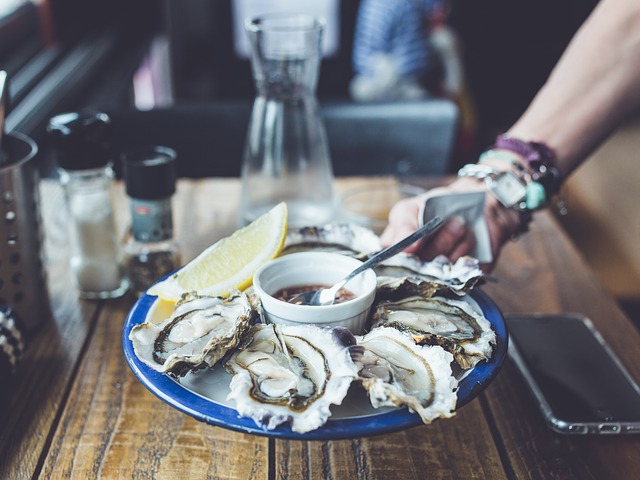
Extra Iron (though not too much) Gives You a Big Boost
If you are even a little deficient on Iron, your workouts, general energy levels and mental performance will all suffer. Speak to a medical professional if you are concerned you may have Iron Deficiency anemia. A Simple test will confirm, with IV Iron possible to get you up to speed quickly!
For most of us, being aware of which foods are Iron-rich, and keeping a healthy balanced diet are plenty enough to top up this vital mineral.
Popular Healthy Living Guides this Month:
- Brown Rice vs White Rice: Head-to-Head
- Immune System Quick Wins
- How to Naturally Lower Your Blood Sugar Levels
